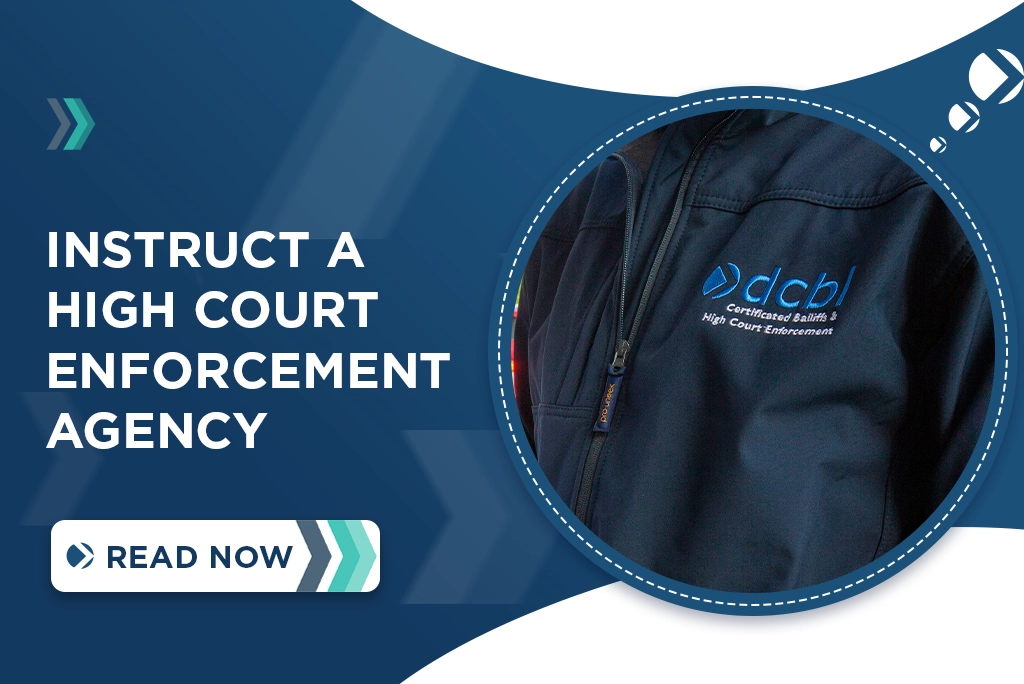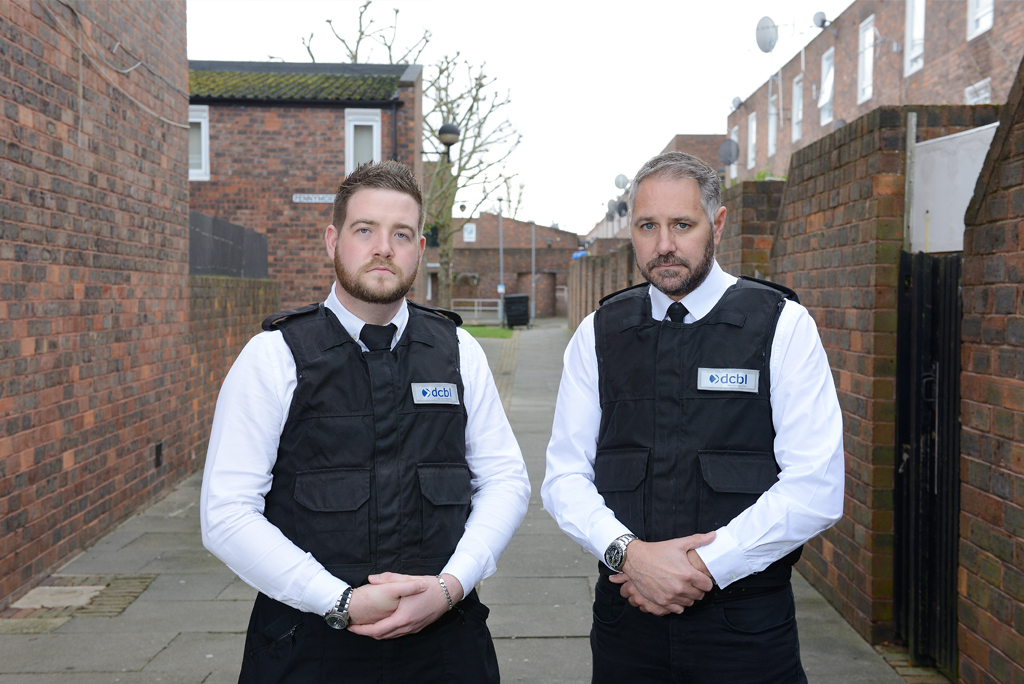
How Do I Instruct a High Court Enforcement Agency?
20th July 2020
Instruct a high court enforcement agency – If you have never had to enforce a County Court Judgment before, knowing what to do next to finally recover your money can seem daunting.
Thankfully with a CCJ in hand, the process of instructing DCBL’s High Court Enforcement Agents, who have strong legal powers against your debtor, is straightforward.
All you need to do is instruct DCBL to transfer up your CCJ to a High Court writ and we do the rest.
What is a High Court Enforcement Agent?
High Court Enforcement Agents are certified to enforce High Court writs on behalf of clients. They can make peaceful entry into the debtor’s property to recover the money owed for instance via an unlocked door.
Should the debtor not be forthcoming with payment, agents are authorised to take an inventory of assets on the property (including vehicles, jewellery, equipment and other goods to the value of the Judgment debt, fees and other costs incurred) and remove these for auction to raise the funds needed.
Steps to Enforcing Your CCJ – instruct a high court enforcement agency
- Instruct us to transfer up your CCJ via our online form. You’ll need to provide details of your judgment and upload a copy of the Judgment itself.
- At this stage, you can also include any useful information about the defendant (such as any known assets).
- On the next screen, pay the £78 court fee securely using the Barclaycard EPDQ system. This fee is added to the amount to be recovered from your debtor.
- Our fast turnaround service will normally have the High Court Writ returned to us within two to three working days. After that, we’ll serve notice to the debtor and if we get no response after seven clear days, your case is allocated to our Agents to start on-street enforcement.
In most cases, the threat of removal of possessions is enough to start a discussion about payment.
As you can see, the process of enforcing your judgment couldn’t be simpler. However, if you have any questions or wish to discuss your case in detail, please call us on 0203 298 0201 or complete our contact form.








